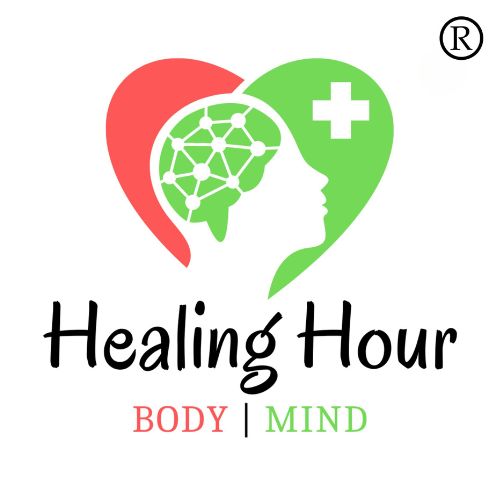Exploring Effective Cognitive and Emotional Therapies for Depression

Exploring Effective Cognitive and Emotional Therapies for Depression
Cognitive Therapy Approaches
Traditional cognitive therapy focuses on identifying and transforming erroneous thinking patterns and beliefs (Jennings, 2023). Addressing and modifying negative or irrational thoughts is a critical aspect of managing depression (Mansell, 2008). Therapists guide clients in recognizing automatic negative thought patterns, challenging cognitive distortions, and adopting more rational and constructive ways of thinking (Mansell, 2008). This process aims to alter emotional responses by changing cognitive processes (Jennings, 2023). At Healing Hour, Abhishek Faria offers personalized cognitive therapy to help clients effectively navigate these mental shifts.
New Wave Cognitive Therapies
"New wave" cognitive therapies such as Acceptance and Commitment Therapy (ACT) and Mindfulness-Based Cognitive Therapy (MBCT) provide a holistic approach to understanding and addressing depression (Harris, 2019). These therapies highlight the interaction between thoughts, emotions, and actions. MBCT, for instance, combines mindfulness with cognitive strategies to enhance awareness and acceptance of one’s thoughts and feelings (Crane, 2017). This method focuses on reducing reactions to negative thoughts, staying present, and cultivating mindful awareness of emotions. Healing Hour incorporates these integrative therapies to support clients in managing depression more effectively.
Emotion-Focused Therapy
Emotion-Focused Therapy (EFT) addresses the role of unresolved or suppressed emotions in contributing to depression (Jennings, 2023). According to Elliott and Greenberg (2016), exploring these emotions is crucial for effective depression treatment with EFT. Therapists help clients uncover and process repressed feelings, especially those related to unresolved issues or past trauma. By acknowledging and working through these emotions, clients can experience significant emotional recovery and improvement (Elliott & Greenberg, 2016). Healing Hour provides EFT to help clients address and resolve suppressed emotions, fostering emotional well-being.
Psychodynamic Therapy
Psychodynamic therapy delves into unconscious processes and early life experiences to uncover the roots of depression (Jennings, 2023). This approach emphasizes understanding unconscious tensions and the therapeutic relationship as key components (Ardern, 2014). Psychodynamic therapists work with clients to explore underlying conflicts and impulses contributing to depressive symptoms. The therapeutic alliance plays a vital role in addressing these deep-seated issues (Ardern, 2014). At Healing Hour, clients can engage in psychodynamic therapy to explore deeper psychological aspects and work towards long-term recovery.
Conclusion
At Healing Hour, we offer a range of therapeutic approaches to address depression, including cognitive therapy, ACT, MBCT, EFT, and psychodynamic therapy. Each method provides unique benefits, and our personalized therapy sessions with Abhishek Faria ensure that clients receive comprehensive support tailored to their needs.
Feel free to reach out for more information or to schedule a session with Abhishek Faria to explore these effective therapeutic options for managing depression.
Go to our website www.health-healinghour.com to explore our services.

Abhishek Faria
3rd Year Doctoral Program at California Southern University
Related Blogs
No related blogs available.

